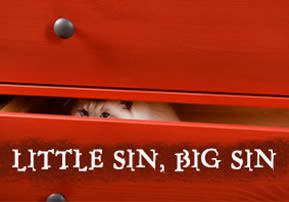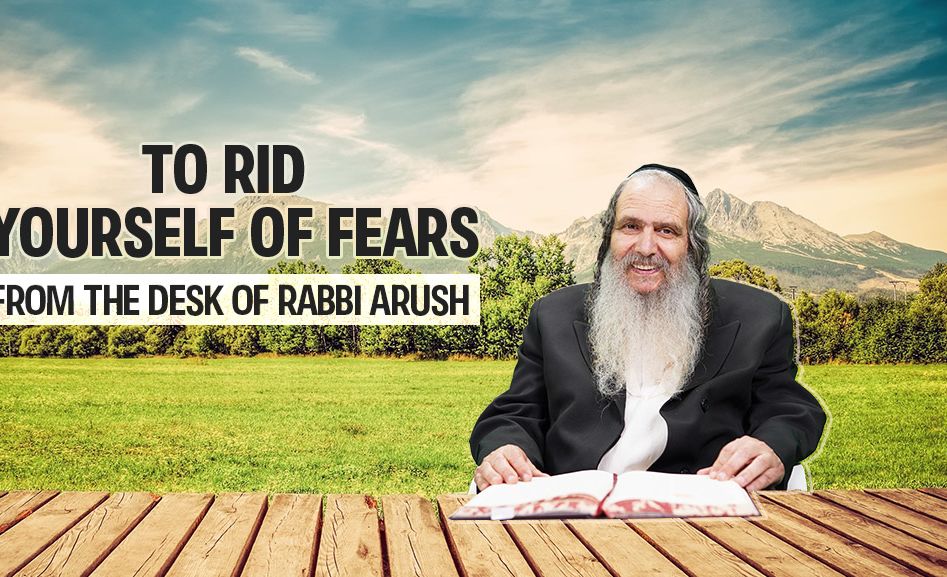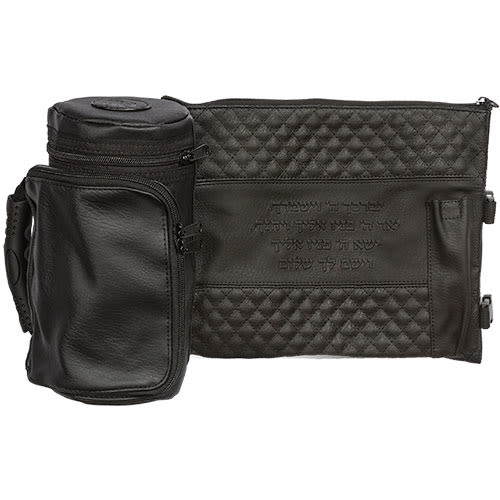
Little Sin, Big Sin
Having a setback shows a person how terribly he needs Hashem every moment of the day. As such, the setback is intrinsically good, for it brings a person closer to emuna...

The worst thing a person can do is to sin, and then try to hide from Hashem. Such an individual quickly becomes spiritually blind, as if an iron curtain is covering his eyes. There are several possibilities at this point: either he denies what he did, or he rationalizes and justifies what he did, or he refuses to reconcile himself to the fact that he faltered and begins persecuting himself for what he did. All these reactions are forms of hiding from Hashem.
No matter what sin a person committed, it’s small compared to the sins of trying to hide from Hashem and refusing to do teshuva. Even worse is the sinner’s breakdown of emuna. Why do we say that the actual transgression is small compared to the sin of hiding from Hashem? It’s no surprise when a person sins, for humans are sorely vulnerable and prone to temptation. The Torah understands this, and provides ways to amend and atone, as we see in many places: “When a person will sin unintentionally…” (Leviticus 4:2) – not if a person will sin but when a person will sin, for the Torah knows that everyone gets tripped up from time to time. Also, “When a person will sin and commit a treachery against Hashem” (ibid, 21), and additional similar passages that convey the same message.
King David laments (Psalm 51:7), “Behold, in iniquity I was fashioned and in sin did my mother conceive me.” Rashi explains that King David bemoans the impulses that cause a person to sin, which are instilled from the moment of conception. There are other commentators who say that King David is hereby  referring to Eve – his ancestral mother – who only gave birth after she sinned by eating the forbidden fruit. As such, we – her offspring – all stem from the same sin. We therefore can readily understand the existence of sin and the human vulnerability to sin. But, one’s post-sin denial of Hashem and self-deceit are much worse than the sin, as we’ve already stated.
referring to Eve – his ancestral mother – who only gave birth after she sinned by eating the forbidden fruit. As such, we – her offspring – all stem from the same sin. We therefore can readily understand the existence of sin and the human vulnerability to sin. But, one’s post-sin denial of Hashem and self-deceit are much worse than the sin, as we’ve already stated.
The entire purpose of a soul’s descent to this physical world is to get to know the Creator, as Rebbe Nachman stresses (Likutei Moharan I:37): “One’s principle purpose is to serve Hashem and walk in His ways, in order to get to know Him, blessed be His Name, for this is the ultimate purpose of life and His will, that we get to know Him. One should have no other intent in the service of Hashem except to do His will.” One cannot get to know Hashem without realizing that he is naught without Hashem. Without Hashem’s help, we are powerless. For that reason, we must “Place Hashem before me always” (Psalm 16:8).
If a person lives with the awareness that he is nothing without Hashem, and he realizes what our sages teach (Tractate Succa, 52a), namely, that a person’s evil inclination attempts to destroy that person on a daily basis, and were it not for Hashem’s help, the person could not overcome, then when he sins, it means that Hashem didn’t help him. Let’s go a step further: according to the principles of emuna, if Hashem didn’t help him, that’s for the individual’s ultimate benefit too, for everything Hashem does is good. So why didn’t Hashem help him?
Hashem wants a person to fully realize his vulnerability, that he is nothing without Hashem’s help. A periodic setback drives this point deep in a person’s heart. The setback shows him how terribly he needs Hashem every moment of the day. As such, the setback is intrinsically good, for it brings a person to emuna, and therefore to a stronger connection with Hashem. After one setback, a wise individual will realize how careful he must be in future similar situations, and subsequently he will seek Hashem’s help in greater earnest. So in retrospect, the sin or setback was the very catalyst that brought the spiritually-cognizant individual closer to Hashem. But, when a person forgets that he’s nothing without Hashem, Hashem doesn’t help him, in order to remind that person of his futility and to stimulate teshuva.
In the material world, we see that the weld of a once-broken bar of iron is stronger than the original iron. Spiritually, the same holds true. Rebbe Natan teaches (Likutei Halachot, Ribit, 5) that if a person sins and subsequently makes teshuva, he attains a higher spiritual level than before the sin. How can that be? With the principles we’ve just learned, teshuva is the result of a person’s realization that he is nothing without Hashem. He came to this realization only after he sinned. As a result, he is stronger after the sin and teshuva than he was before the sin. So you see, everything is ultimately for the very best.








